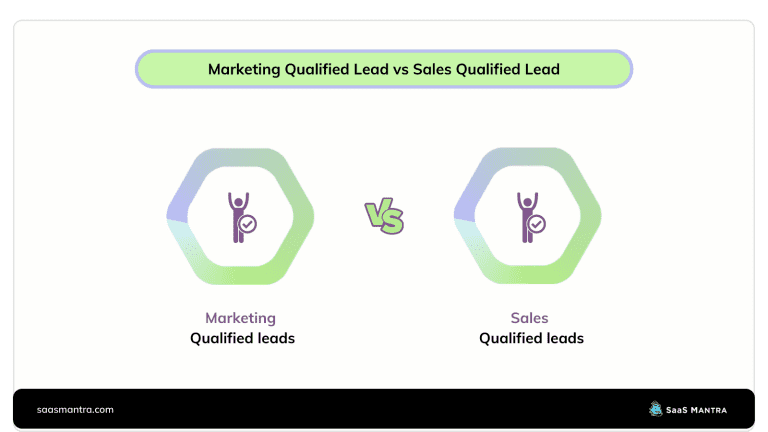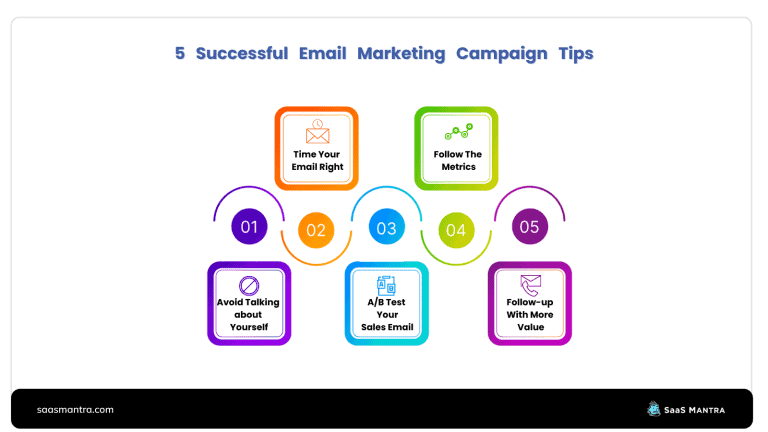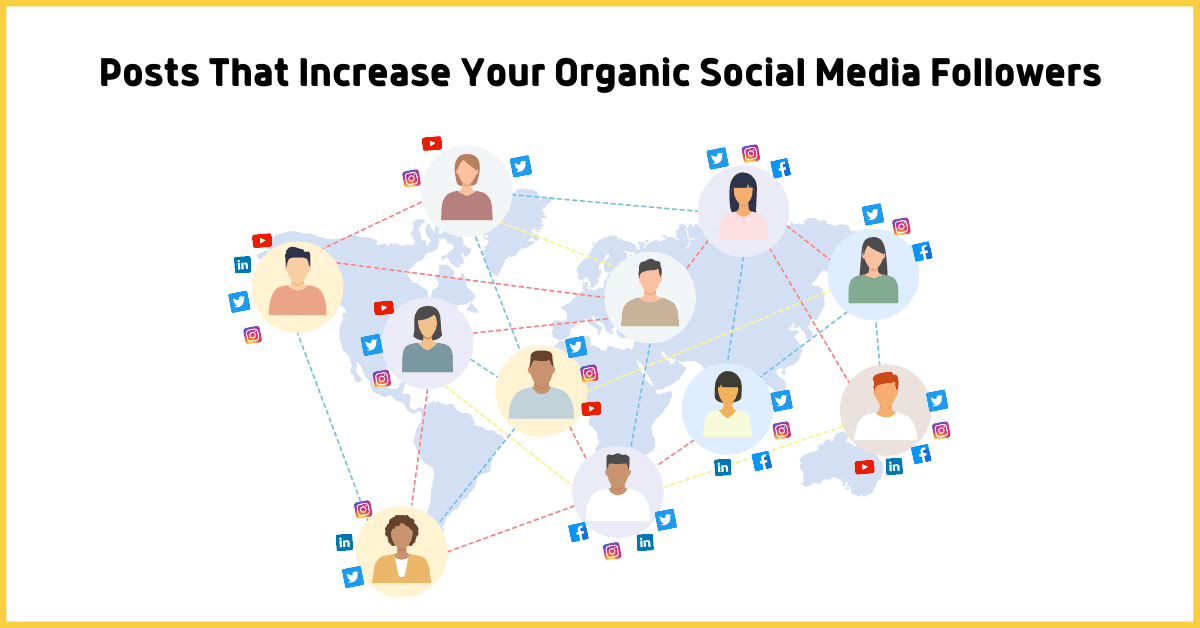5 Best Content Management Systems(CMS) Platforms in 2022
CMS platforms are the most common way to build websites these days.
What is a Content Management System (CMS)?
The term ‘Content Management System’ refers to software designed to allow non-technical users to create and manage their websites.
They are platforms that enable organizations to manage, publish, share, and store content across multiple channels such as websites, apps, social media pages, etc.
There are various types of CMS, each with its own features:
1. WordPress
WordPress is a free, open-source software tool designed to create websites.
It has been used by millions of websites all around the world.
It’s simple to use, offers lots of features, and is free. If you want to start blogging, then this is the platform to choose.
In fact, you can even create a fully functional ecommerce store in less than 30 minutes.
Benefits of WordPress:
- Your blog will automatically update itself when you post new content.
- You can use your domain name instead of WordPress free subdomain (e.g., myblog.wordpress.com).
- You can choose whether to have comments appear below each post or next to each comment.
- You can customize your theme by choosing which colors and fonts are used.
- You can add your widgets to your sidebar.
2. Joomla
Joomla is an open-source CMS based on PHP/MySQL.
A team of volunteers created it as a free content management system (CMS) for websites.
It’s free to download and install, and it’s compatible with any web server.
The best part? It’s easy to update — just upload new files.
Benefits of Joomla:
- It lets you create web pages easily without having to know HTML code.
- It comes with a built-in CMS which makes it easy to update content.
- Another advantage is that Joomla has many plug-ins. These can be used to add functionality to your site. For example, there’s a plug-in called Google Map Maker which allows you to build maps on your website.
- The user interface is intuitive and easy to use.
3. Drupal
The Drupal platform has proven itself to be one of the most powerful content management systems available today.
It’s flexible enough to be used by small businesses or large corporations, and it offers a wide range of features including a robust theme system, image manipulation tools, video integration, social media sharing capabilities, and many others.
Benefits of Drupal:
- It has a large community of developers available for help.
- The site has a clean interface, which makes it easy to navigate.
- It has many different modules available, so users can customize the look and feel of their website.
- It can be used by both beginners and experienced developers.
4. Magento
Magento is one of the most popular online shopping platforms today.
The platform provides ecommerce stores with a scalable, flexible solution that allows them to add new features and functionality at any point in time without having to rebuild the entire site from scratch.
The platform is built on PHP (Hypertext Preprocessor) which is a scripting language used to code websites.
Benefits of Magento:
- It offers powerful features that allow merchants to build a fully functional online store quickly and easily.
- The platform also provides a variety of add-ons for those looking to enhance its functionality.
- It comes with prebuilt themes and templates, meaning developers don’t have to invest in building custom ones. Also, if you’re looking for a platform that allows customization, then this is the right choice for you.
5. PrestaShop
PrestaShop is a free open-source ecommerce CMS focusing on flexibility and customization.
It has a huge amount of features, from product filtering to multi-language functionality.
The platform also comes with a free version that allows you to try it out before buying.
Benefits of PrestaShop:
- It has a lot of themes and templates which makes it easier for beginners to design websites.
- It offers a drag and drop editor which allows users to customize every aspect of their website without any coding knowledge.
- It has a built-in ecommerce toolkit that allows you to set up your store quickly and easily.
- It has a powerful SEO system (search engine optimization) that allows you to optimize your site for search engines.
Conclusion:
The CMS platform allows for building a robust and scalable solution for future growth.
Hence, it is a web-based content management system (CMS) that helps organizations and individuals build and manage their websites.


